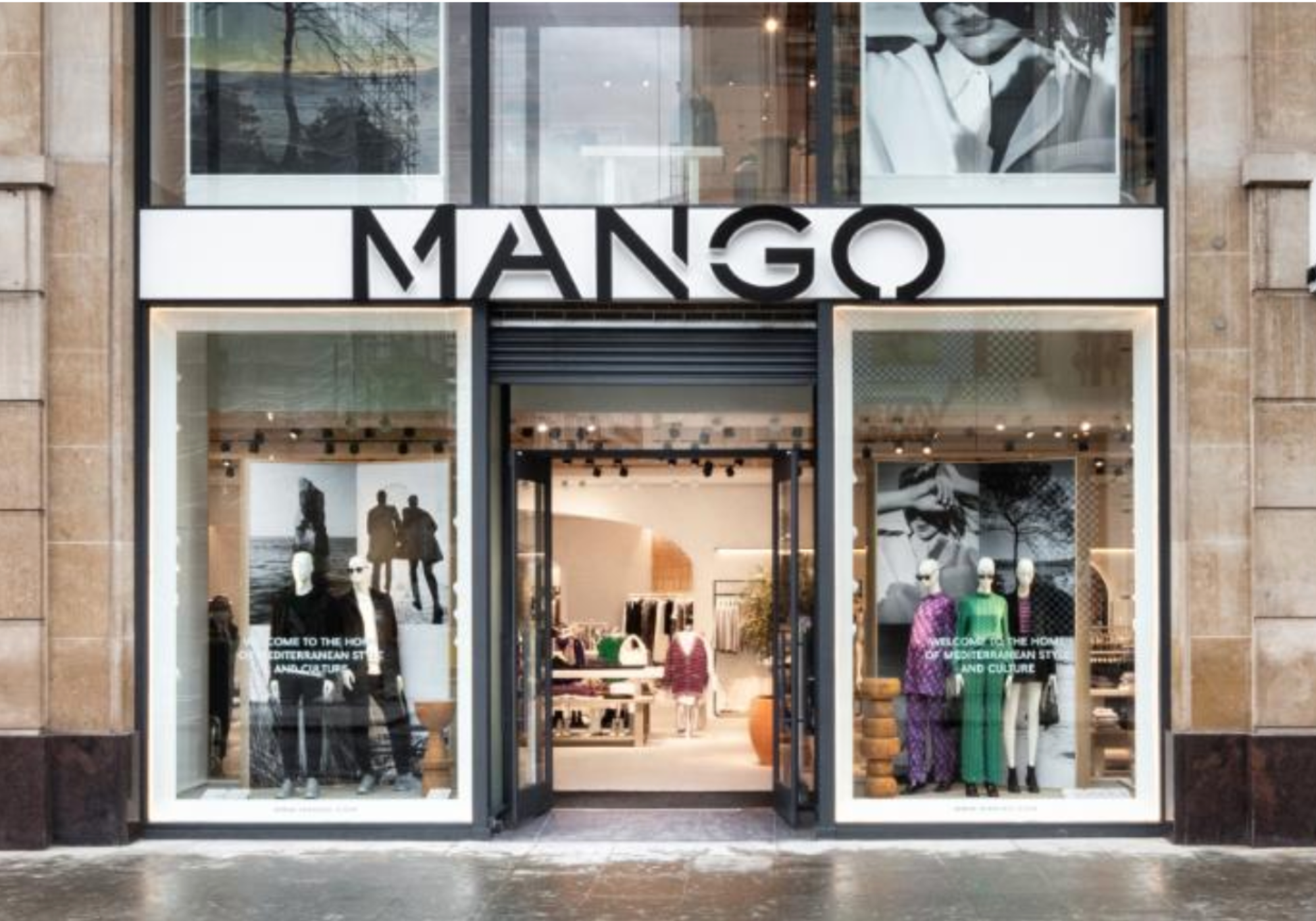New data from the Government’s Office for National Statistics (ONS) reveals that Brits spent significantly more than they planned this Christmas and that consumer spending has held up well this winter.
The data shows that despite negative consumer sentiment and cost-of-living pressures, the 2022 to 2023 winter did not see significant declines in consumer spending patterns, with regular factors such as Black Friday, Boxing Day, and New Year’s Day continuing to dominate.
In fact, spending on sale days such as Black Friday and Boxing Day increased in winter 2022 to 2023, while Events such as the winter FIFA World Cup and industrial action did not lead to noticeably different patterns in consumer spending.
Revolut data analysed by the ONS for 17 November 2022 to 4 January 2023 – classed by the government as this winter – do not highlight any significant declines in consumer spending at the total level and online or in-stores. Nominal Revolut card spending was more resilient this winter than in previous years.
The data does show how industrial action on the railways on the 13 to 14 and 16 to 17 December 2022 as well as 3 to 7 January 2023, appears to have had no large negative impact on total consumer spending, either in terms of total spent or when they spent. When consumers were asked by Revolut’s Opinions and Lifestyle Survey covering the period 7 to 18 December 2022, 6 in 10 (60%) adults said they were planning on cutting back on the amount of money they spent on Christmas in 2022 compared with last year. The most frequent ways these adults were planning to spend less money during the 2022 Christmas season, were buying fewer presents (79%) and buying less expensive presents (73%).
Results from the Opinions and Lifestyle Survey for the period 21 December 2022 to 8 January 2023 published on 13 January 2023 reported consistent estimates. However, card spending data from Revolut suggest that nominal consumer spending has been more resilient than expected despite the negative sentiment reported by consumers.
In winter 2022 to 2023, consumers have spent more on clothing and footwear than in previous festive periods. This is partly a result of rising prices. The average inflation rate between November 2022 to January 2023 was 6.7% for clothing and footwear.
The Retail Sales Index reports how the volume of sales in clothing stores unexpectedly saw a small increase into November and December 2022 by 1.1% and 1.0% respectively. In this respect, consumers have increased their spending this winter to maintain their level of consumption of clothing and footwear, as opposed to cutting back.
Daily Revolut card spend data highlight how spending on clothing and footwear peaked over the winter on 25 November 2022 (Black Friday). Revolut spending was 31.3% higher than Boxing Day and 77.0% higher than New Year’s Day.
Consumer spending on food and drink in winter 2022 to 2023 was higher than in previous winters, partly a result of rising prices. Between November 2022 to January 2023 the average rise in the prices of food and non-alcoholic beverages as measured by the Consumer Prices Index including owner occupiers’ housing costs (CPIH) was 16.7%. However, spending patterns this winter appear to have been very similar to previous winters.
ParcelHero’s Head of Consumer Research, David Jinks M.I.L.T., comments: “It seems that now is not the winter of our discontent. It looks as if consumer spending this winter has been just as robust as it was both pre-pandemic and before the sharp rise in inflation and household energy bills. Shoppers may have said that they were going to spend less but, in fact, they ended up spending around the same amount as in previous winters.
“This report dispels some of the myths that have already formed around this year’s Christmas trading. It finds no evidence we abandoned upmarket supermarkets for discount stores. It also reveals that postal strikes had little impact on online sales; High Street sales didn’t peak until 22 December, following the pattern of previous years.
“Contrary to previous claims, the rail strikes also had little impact on High Street spending. Likewise, there was virtually no sales boom or bust around the World Cup, despite many stores’ expectations or fears. Again, contrary to earlier reports, spending was higher on Black Friday and Boxing Day this winter compared to last. Finally, there was good news for the UK’s beleaguered fashion stores. Clothing and footwear sales, both in-store and online, were significantly stronger than many retailers had feared.”







